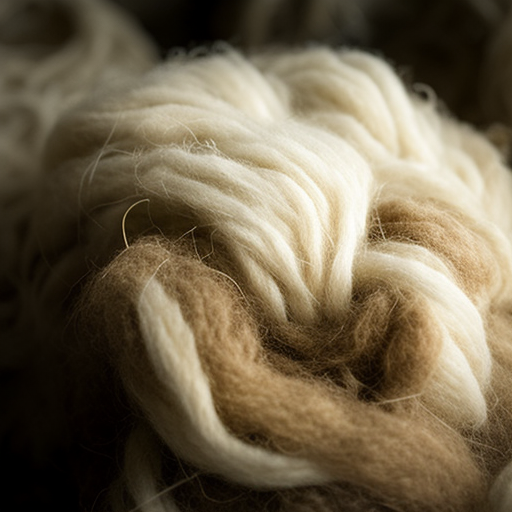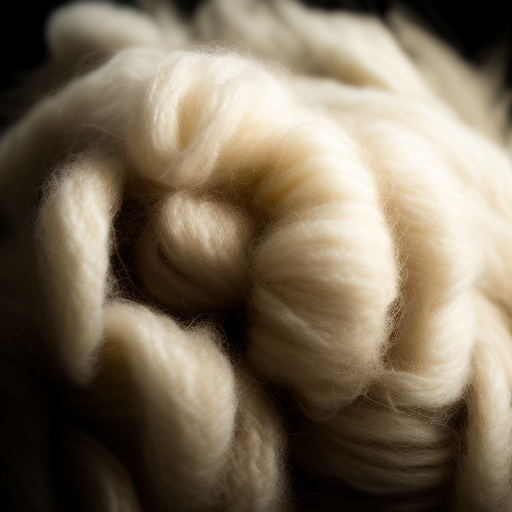
A Natural and High-Yielding Plant: The hemp plant is a fast-growing and high-yielding plant species. The hemp plant requires less water, fertilizer, and pesticides compared to other crops. Due to these characteristics, hemp fiber is considered a sustainable resource.
The hemp plant is known for its water-efficient properties. It requires minimal irrigation water during cultivation, contributing to the conservation of water resources. Additionally, the hemp plant can reduce soil erosion and improve soil health.
Hemp plants are naturally resistant to pests and diseases, thus they generally do not require pesticides or chemical fertilizers. This reduces the use of chemicals in hemp fiber production.
Hemp fiber is a recyclable material. Waste hemp fiber generated during yarn production can be recycled or utilized in other products. This promotes more efficient use of resources.
Hemp fiber is known as a natural, durable, and environmentally friendly option. The use of sustainable hemp fiber aims to reduce environmental impacts while preserving natural resources. Furthermore, hemp cultivation practices contribute to improving soil health and promoting eco-friendly farming methods.







